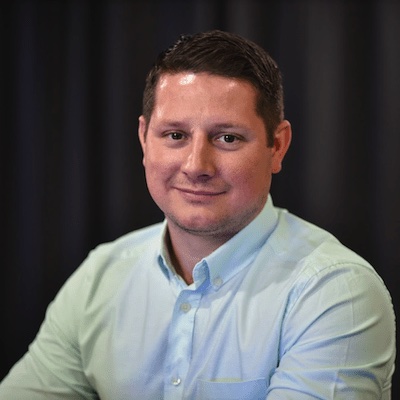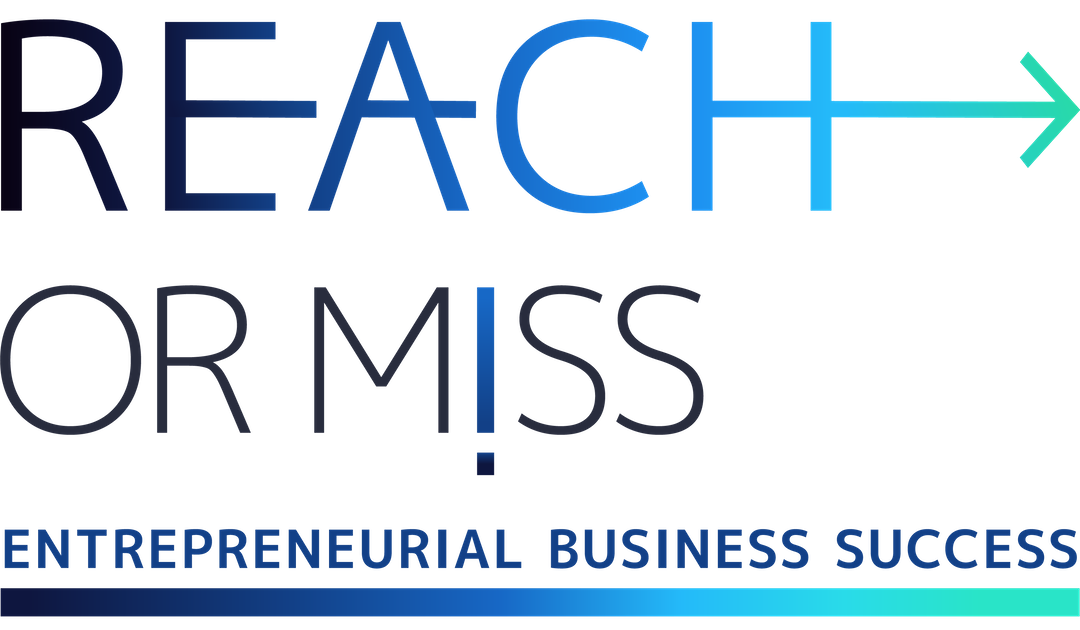Ep. 205 – Isaac Kuhlman teaches everything about having an Amazon business and say – “People are so afraid of rejection or failure, that they don’t even get started.”

Isaac Kuhlman has been an Amazon Brand Developer since 2013, responsible for more than $12 Million in revenue. He is the co- founder of REAL Coaching with Kirsty Verity where they have helped over 1,000 Amazon Sellers grow their businesses with the right strategies to achieve their freedom goals. They specialize in taking sellers who are stuck or plateaued in their business and break through to reach the real success they desire.
Now he gets to enjoy real freedom and pursue his lifelong passion for Rock music– having produced and recorded an album, bicycling 11 miles a day, writing a poetry book and traveling the world.
Most passionate about
- I’m an Amazon seller and have two brands on Amazon. Then we provide coaching through Real Coaching, which is a company I started with my business partner, Kirsty.
- We help entrepreneurs establish sustainable long-term businesses on Amazon—not just selling products, but actually getting businesses set up and built, finding products that can be sustainable and that are not just fad-products.
- I’ve always wanted to be somebody who educates but also leads other people to build an opportunity for themselves.
Isaac’s career and story
- I grew up pretty poor. I graduated from high school and took a couple of scholarships and a grant to go to school. I still had to pay a bunch of student loans. Actually, last year I finally paid off my student loans from 2004, when I graduated from college.
- I got a history degree with a pre-law or political science minor. My school didn’t have a pre-law major, but they had a pathway. I was happy that it didn’t work out in the end because it kind of built a fire inside of me.
- I met a guy who was working in an Amazon business. I didn’t know that much about Amazon. I had shopped on it a couple of times. I knew some stuff about online and Facebook, but it wasn’t like I was savvy about e-commerce selling.
- We worked together for about two-and-a-half years, selling a lot of stuff. Then we branched off and went our separate ways. It changed the situation.
- I didn’t have any plan. I had limited funds in the bank. Then I went out and started my own brands and the coaching business and all that stuff.
Best advice for entrepreneurs
- I think Robert Kiyosaki has a quote similar to this: People who fail quit easily. Winners always try to fail as fast as possible.
- People are so afraid of rejection or failure, of something not working out one time, that they don’t even get started.
- In my opinion, you only fail if you give up. You want to keep finding these things that you can do better.
- The only way you can do things better is to make mistakes along the way. Mistakes are the best learning tools in the world. Put your hand on a hot stove. You’ll remember never to do that again.
The biggest, most critical failure with customers
- This was very early on in my Amazon business. There was a person who said they got a defective product and they were going to sue us.
- My response wasn’t overly negative, but it was kind of skeptical—pushing off the blame, but at the same time it wasn’t helpful because it kind of made it seem like it was all their fault.
- We eventually got him to calm down. He wanted to write every Amazon customer and tell them, like, all this stuff about how it was a bad product.
- He was writing a bad review. It became a huge issue when it could have been resolved just by checking the tone of the email.
Biggest success with customers
- This was back around 2014, and a customer had received a product. They bought it from the Amazon listing that we created, but that didn’t necessarily mean that they were going to get the product from us because other sellers could jump on there and sell a fake version. That’s actually what ended up happening, but we didn’t know that at first.
- The customer came out and said, “I used to use your product and it blew up. Essentially burnt out my Bose stereo, which are pretty expensive.” We were like, “Oh no, that’s not good.”
- She took a picture and it looked like our product, except it didn’t come in our packaging. It just came in a Ziploc bag. That’s when we knew something was wrong. So we were like, “Okay, check your order because there’s probably a different seller on there.” Sure enough, it was a different seller trying to sell on our listing.
- We told her, “We’re going to call Amazon customer support on your behalf and we’ll try to get them to call you. We’ll get on a three-way call.” I explained the situation.
Isaac’s recommendation of a tool
- This is a bad answer because it’s not going to be a tool. What I find is that tools take the human brain and common sense out of everything that you want to do.
- Jungle Scout
- If you want to know how to find, say, estimated sales data and all that good stuff, that’s a very good tool.
Isaac’s one key success factor
- I would probably always come back to the fact that I’m never willing to let a problem go unsolved.
- Everything that people try is like the scientific method. The difference is that they don’t think about it because you don’t have to. It kind of is common sense.
Isaac’s Mountain
Since we believe that the best way for entrepreneurs to get fast, big, and sustainable success is by leading your (new) market category, and the entire entrepreneurial journey reminds me of mountaineering, I want to ask you: Is there a mountain you dream of climbing or a mountain you have already climbed?
- I was born in Montana, which is Spanish for “mountain.” I live in a valley and here in Las Vegas in between the Rocky Mountains.
- I’m very fond of the mountains in general. However, before I ever became an entrepreneur, I read a book that has a very good perception of what I feel the journey of life is like.
- The book is called Shifting Sands by Steve Donahue. In that book, he says that achieving goals is not so much like a mountain. It’s more like a desert, where the path shifts. So, you see sand dunes and you’re like, “I’ve got to get over that dune.” But then, when you get to that dune, you’re like, “Okay, well, where am I now? Which dune do I need to get over?”
- Instead of constantly climbing up, you actually go side to side a lot. You go up and down as well. So, you’re trying to figure out your path in a desert.
- I don’t necessarily see my journey as going up all the time. Sometimes it’s like, “Hey, I’ve got to go this way a little bit, and now I’ve got to go this way a little bit.” And I’m still maybe going up a little bit, but at the same time, I might have to go down for a little while and then go back up.
- We know, as entrepreneurs, that everything doesn’t always go up. Things do go down and then you have doubt. Creeping-in confidence is lacking. You’re not sure if you can make this thing work again, whatever it is.

The best ways to connect with Isaac
- Website
- Social Media Profiles:
